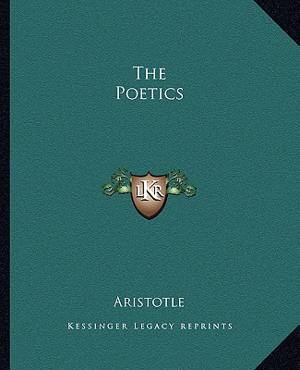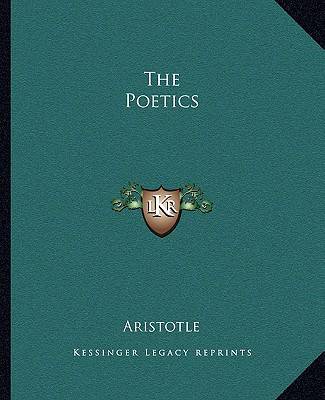
- Afhalen na 1 uur in een winkel met voorraad
- Gratis thuislevering in België vanaf € 30
- Ruim aanbod met 7 miljoen producten
- Afhalen na 1 uur in een winkel met voorraad
- Gratis thuislevering in België vanaf € 30
- Ruim aanbod met 7 miljoen producten
Zoeken
Omschrijving
The Poetics by Aristotle is a treatise on literary theory and criticism. It is considered one of the most important works of literary criticism in Western literature. The book is divided into several sections, each dealing with a different aspect of poetry and drama. In the first section, Aristotle defines poetry and its different forms, including epic poetry, tragedy, and comedy. He then discusses the elements of poetry, such as plot, character, and language, and how they contribute to the overall effect of a work. The second section focuses on tragedy, which Aristotle considers the highest form of poetry. He analyzes the structure of tragedy, including the importance of plot, character, and spectacle. He also discusses the role of catharsis, or emotional release, in tragedy. The third section of the book deals with comedy, which Aristotle considers inferior to tragedy but still an important form of poetry. He discusses the different types of comedy and the elements that contribute to its success. Throughout the book, Aristotle draws on examples from Greek literature, particularly the works of Homer and the tragedians Aeschylus, Sophocles, and Euripides. He also offers his own opinions and insights, making The Poetics a valuable resource for anyone interested in literary theory and criticism.Translated By Ingram Bywater.This scarce antiquarian book is a facsimile reprint of the old original and may contain some imperfections such as library marks and notations. Because we believe this work is culturally important, we have made it available as part of our commitment for protecting, preserving, and promoting the world's literature in affordable, high quality, modern editions, that are true to their original work.
Specificaties
Betrokkenen
- Auteur(s):
- Uitgeverij:
Inhoud
- Aantal bladzijden:
- 46
- Taal:
- Engels
Eigenschappen
- Productcode (EAN):
- 9781162705125
- Verschijningsdatum:
- 10/09/2010
- Uitvoering:
- Paperback
- Formaat:
- Trade paperback (VS)
- Afmetingen:
- 190 mm x 235 mm
- Gewicht:
- 95 g

Alleen bij Standaard Boekhandel
+ 51 punten op je klantenkaart van Standaard Boekhandel
Beoordelingen
We publiceren alleen reviews die voldoen aan de voorwaarden voor reviews. Bekijk onze voorwaarden voor reviews.











